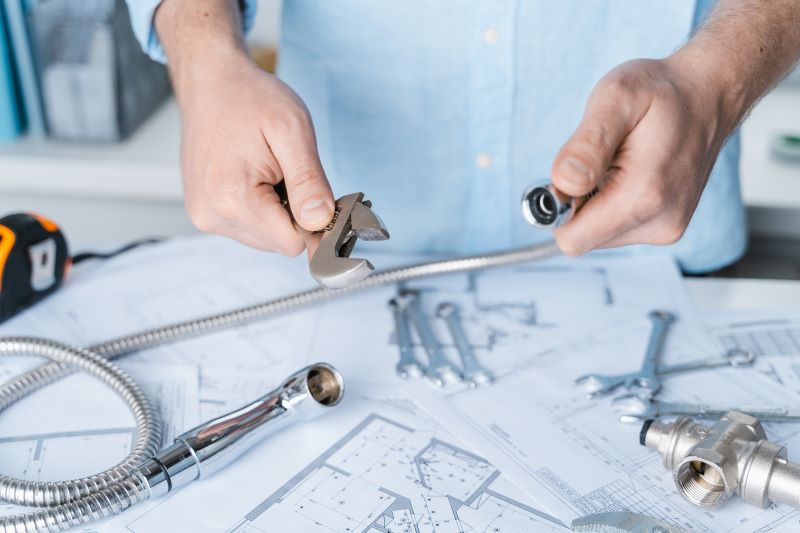Plumbing is the unsung hero of modern living, quietly ensuring the smooth flow of water and waste throughout homes, businesses, and communities. From faucets to toilets showers to sprinkler systems, plumbing encompasses a complex network of pipes, fixtures, and appliances that play a vital role in maintaining hygiene, comfort, and convenience. In this detailed article, we embark on a journey through the fascinating world of plumbing, exploring its history, components, functions, and importance in our daily lives.
A Brief History of Plumbing
The history of plumbing dates back thousands of years, with early civilizations developing rudimentary systems for transporting water and disposing of waste. Ancient civilizations such as the Indus Valley, Mesopotamia, and ancient Egypt constructed elaborate aqueducts, irrigation channels, and drainage systems to meet their water needs and manage sanitation.
The Romans are credited with significantly advancing plumbing technology constructing intricate networks of aqueducts, sewers, and public baths throughout their empire. Their innovations, including lead pipes, stone conduits, and gravity-fed water supply systems, laid the foundation for modern plumbing practices.
Components of Plumbing Systems
- Piping: Pipes are the backbone of plumbing systems, transporting water from its source to various fixtures and appliances within a building. Common piping materials include copper, PVC (polyvinyl chloride), PEX (cross-linked polyethylene), and galvanized steel.
- Fixtures: Plumbing fixtures are devices that deliver and control water flow within a building. Examples include sinks, faucets, toilets, showers, bathtubs, washing machines, dishwashers, and water heaters.
- Appliances: Plumbing appliances are specialized fixtures that perform specific water supply, heating, or waste disposal functions. These may include water heaters, boilers, sump pumps, garbage disposals, and irrigation systems.
Functions of Plumbing Systems
- Water Supply: Plumbing systems deliver clean, potable water to buildings for drinking, cooking, bathing, and sanitation purposes. Water supply systems may be connected to municipal water mains or rely on private wells for a water source.
- Wastewater Removal: Plumbing systems collect and remove wastewater, sewage, and greywater from buildings, directing it to sewage treatment plants or septic systems for disposal or recycling. Proper drainage and venting prevent backups, odors, and contamination.
- Heating and Cooling: Plumbing systems are crucial in heating and cooling buildings by circulating hot water, steam, or refrigerant. Water heaters, boilers, radiators, and HVAC systems rely on plumbing infrastructure to effectively distribute heat or cool air.
Importance of Plumbing in Daily Life
- Health and Sanitation: Access to clean water and proper sanitation is essential for maintaining public health, preventing waterborne diseases, and ensuring hygiene and cleanliness in homes, schools, hospitals, and workplaces.
- Comfort and Convenience: Plumbing systems provide essential amenities that enhance the quality of life and comfort, including hot water for bathing, cooking, and cleaning, as well as indoor plumbing fixtures for convenience and ease of use.
- Safety and Protection: Well-designed plumbing systems incorporate safety features such as backflow prevention devices, pressure regulators, and shut-off valves to safeguard against water damage, leak, and emergencies.
Conclusion
Plumbing is a cornerstone of modern civilization, facilitating the reliable delivery of clean water and the safe disposal of waste in homes, businesses, and communities worldwide. From ancient aqueducts to contemporary plumbing systems, the evolution of plumbing technology reflects humanity’s ongoing quest for improved sanitation, comfort, and convenience.

